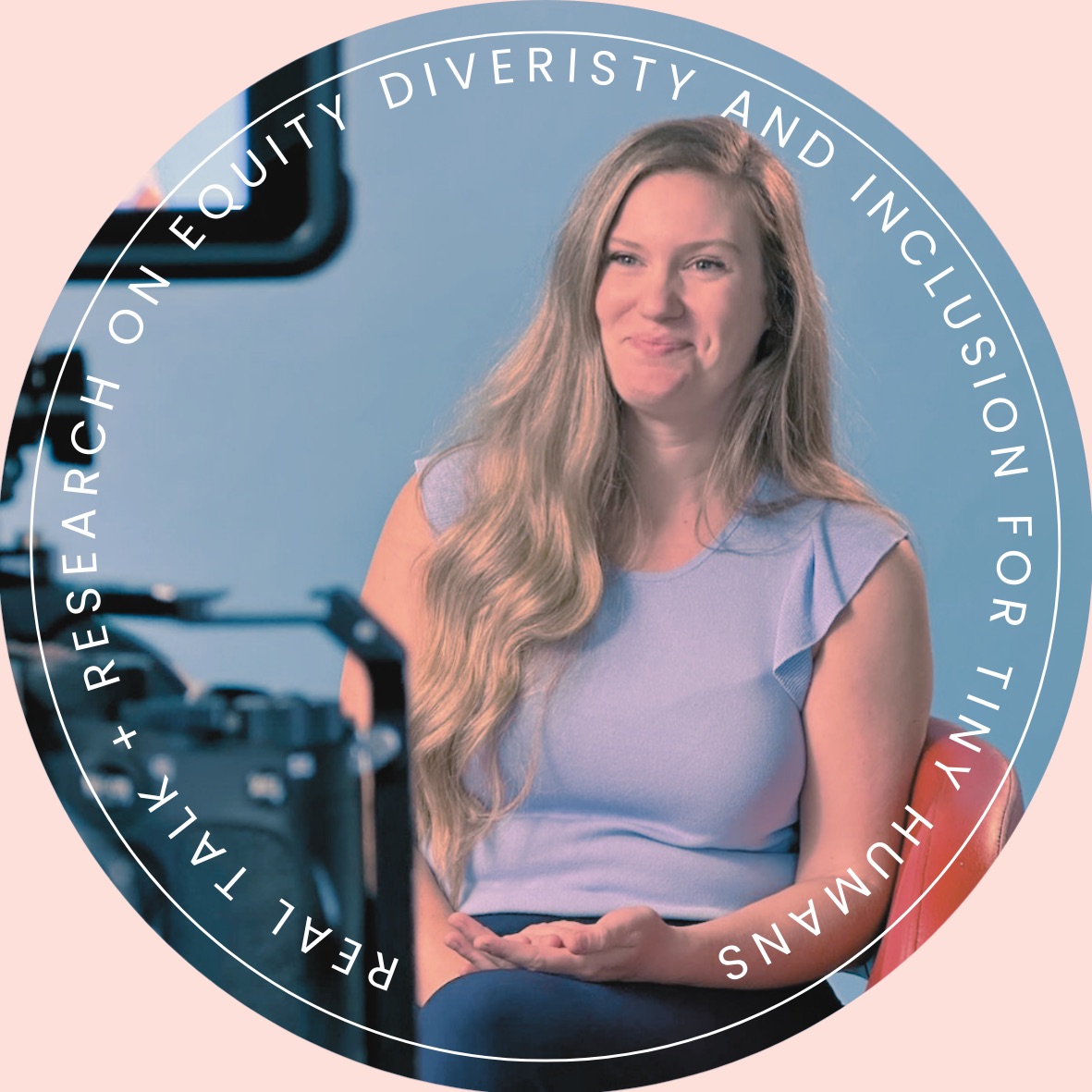It’s Play, Not Pie: Inequities in Children’s Access to Play
- Emily Clark

- Jan 21, 2024
- 3 min read
It's play, not pie. There's enough for every child and yet not every child is getting it. Ijumaa Jordan shares why we need to be looking at the bigger picture.
In her article, “Both/And: Early Childhood Education Needs Both Play and Equity,” in NAEYC’s Young Children, Ijumaa Jordan (2022) gives a call to action to early childhood educators to recognize and resist the systems of oppression that give our children unequal access to high-quality, play centered learning experiences. Jordan states, “Public outcry that play is disappearing from early childhood ignores the elephant in the room: this worrisome trend impacts young children unequally. Early education is segregated by race and class in the same way K–12 education is,” (2022). All of our children deserve the kind of early childhood education that research consistently shows is best- play- and yet children’s access to this high quality early education is limited along clear racial and economic lines.

Jordan describes visiting two different settings. The first setting is in an affluent community made of 90% white children, where she observes children moving, playing, laughing while teachers observe, document, and support. The resources are plentiful and varied. The second setting, a publicly funded preschool, has 50% African American and 50% Latino/a children. In this setting, Jordan observes the children waiting, sitting, and tracing the letter M. In this setting, the resources are scarce and basic.
Jordan analyzes the differences, “Perhaps, we may think, the teachers in the second program are less educated; they don’t fully understand the importance of play. But teachers in both programs have at least bachelor’s degrees. Assistants have associate degrees. They all value play and learned about it through formal and informal education opportunities. So the difference is not individual; it is systemic.” (2022). This isn’t a case of teachers not knowing what children need. This is a case of systems of racial and intersectional oppression limiting the abilities of teachers to meet the needs of children because they are required to meet requirements for public funding. Systems of white supremacy have created “education reform” measures that pressure teachers and settings to limit children’s access to the kind of education that white and affluent children are granted outside these parameters. “These educational reforms, applied to children from low-income communities, children of color, and Native American children, are restricting their access to self-initiated, complex play, which hampers their learning and healthy development.” (Jordan, 2022).
We cannot celebrate the high quality, developmentally appropriate play that some children are getting until that access to that same play is guaranteed for all our children. When we advocate for play, we must center that work in anti-racism to break down the systems of oppression that are holding all of us back.
Ijumaa Jordan is doing some impressive work to support high-quality anti-bias education for all children. Before starting on my anti-racist journey, I genuinely didn’t consider the impact that race has on access to play in early childhood settings.
I knew play was key to all children’s development and I knew that publicly funded settings had less access to high quality play than private settings, but I didn’t really stop to think about the systems that created those inequalities and who was being targeted by those systems. We cannot take a band-aid approach here, we have to address the root issues, and in the United States (and many, many other places around the world) the root issue will never not include racism.
I also love that this article is flat out refuses to pit teachers against one another. The only way we can dismantle these systems is by working together.
Ijumaa is holding a workshop, “Rethinking Police as Community Helpers in ECE” on April 16th at 11:30PST/ 2:30EST. I am personally so ready for guidance on this work, particularly in the American early childhood context. You can sign up here.
As a white educator, it is my job to call out systems of oppression and call in other white educators to do the same. I will make mistakes in this work, and I am committed to learning from them and moving forward rather than be held in place by my silent complicity.
References:
Jordan, I. (2022). Both/And: Early Childhood Education Needs Both Play and Equity. Young Children, 7(2), 51–52. Retrieved April 9, 2023, from https://www.naeyc.org/resources/pubs/yc/summer2022/play-equity.





Comments